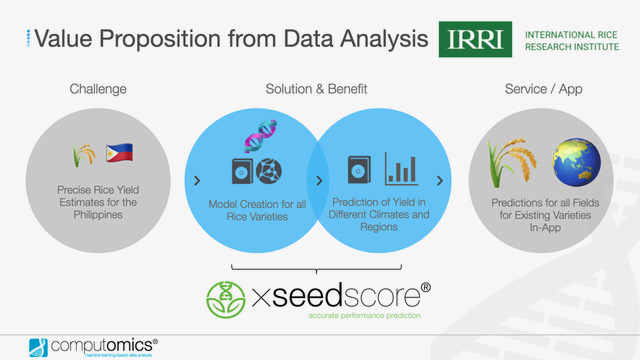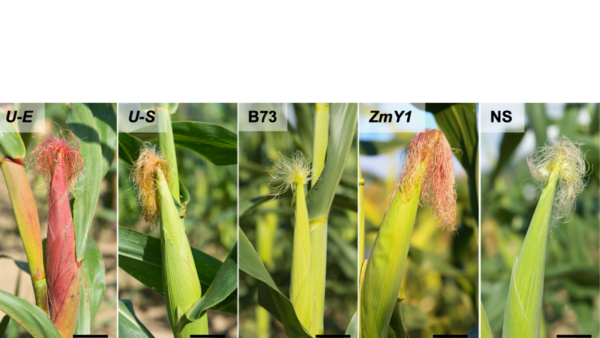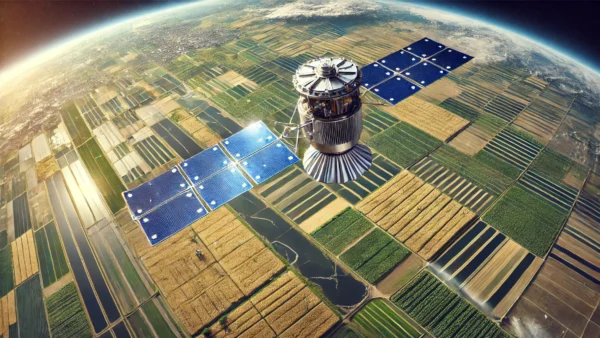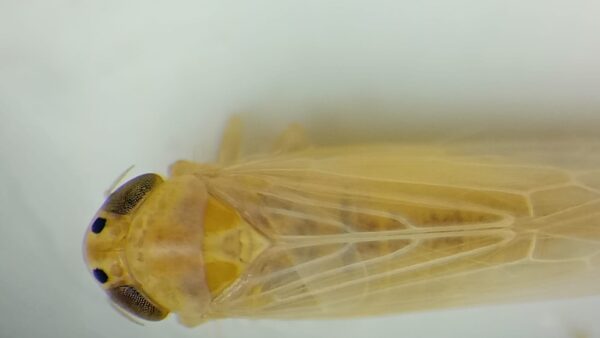The seed and food industry is becoming more integral for everyone and its focus on being efficient and effective is heightened. In the last decade, breeders and growers have adopted a number of platforms that have generated ever more granular data in the hopes of accelerating breeding: phenotyping data, drone images, climate data, soil, and marker data. But plant breeding uses only a fraction of this data and doesn’t consider epistasis or other nonlinear interactions. This is where Computomics excels.
Computomics employs cutting-edge bioinformatics technologies to offer accurate, customized services of data integration and interpretation to clients across the globe. The company specializes in a technology that revolutionizes breeding programs.
Seed World spoke with Dr. Sebastian J. Schultheiss, Managing Director of Computomics, about what sets the technology company apart in today’s competitive market.
SW: Can you tell us what differentiates Computomics from its competitors?
SJS: What truly sets us apart is our ability to make our clients’ data work for them. Most phenotyping and genomics companies offer ways of generating more data: whether it’s more markers, images, climate, soil, or phenotype analyses. All of these sources independently provide revolutionary granularity and high-resolution measurements. Our xSeedScore technology unites those sources into a system that is able to produce results.

Because Computomics forms collaborative relationships with breeders, we jointly develop their programs using the benefits of our xSeedScore technology: rapid breeding of successful new varieties for future climate conditions and expansions into new markets. We simulate and predict the best progeny by identifying each marker interaction, allowing breeders to discard the low performers quickly. Our technology is the only one on the market that is able to integrate this many data sources, and model complex interactions in the data.
SW: Why is advanced data analysis so critical for ag biotech today?
SJS: Ag biotech is recording more data than ever before, which makes algorithm-based analysis inevitable. Integrating data from different sources and considering genotype-environmental interactions is very challenging with existing statistical methods.
Plant breeders are clearly headed in the way of multiple data sources, with cheaper drone data, weather stations and satellite images. Integration of all of this – sometimes imprecise – data is best done with machine learning algorithms, and our technology is tried and tested in the area of biological data.
Machine learning offers a more accurate, unbiased solution by simply building the best possible model that allows incorporation of many data types to identify and optimize the best plants for any environmental condition. Our algorithm is able to include data from more than 16 sources, including gene expression, satellite data and field phenotypes.

SW: How can a new client take advantage of your services?
SJS: We help breeders select the best lines based on genomics, phenotyping and environmental data. Breeders are already generating data from these sources, we make sure that the data works for them. Our machine learning experts work with breeders to adapt our service to their breeding program.
Our technology offers actionable insights for data-driven decisions. It identifies which lines to plant where and uses environmental data and a range of weather patterns, from average to extreme, to determine which genotype will perform best under all given conditions in that location.
SW: Can you share with us a recent success story?
SJS: We were contacted by a breeder who wanted to accelerate a cereal breeding program. For this, we needed to predict the performance of hybrid crosses based on just the parents’ genotypes. With our technology, the breeder selected the best-performing lines and received 10 times the usual high-performing lines. These predictions outperformed their best testers and gave our client the confidence they needed to expand these hybrids in the desired locations.

SW: Can you tell us about your project with the International Rice Research Institute (IRRI)?
SJS: IRRI produces rice hybrids and varieties for many different countries and climates globally. It is impractical for IRRI to test the performance of all rice varieties in all of these different locations. Based on genetic differences between varieties, our product xSeedScore predicts yields in different climates because it takes into account genotype-environmental interactions. Our technology is able to identify nonlinear effects and to predict the right hybrid or variety for any location worldwide, using models for climate conditions 10 years in the future.
For more information visit Computomics website or send an email.
Dr. Sebastian Schultheiss is the Managing Director of Computomics. The bioinformatics company, headquartered in Germany, also has a subsidiary in the United States, Computomics Corporation, located in Madison, WI.














